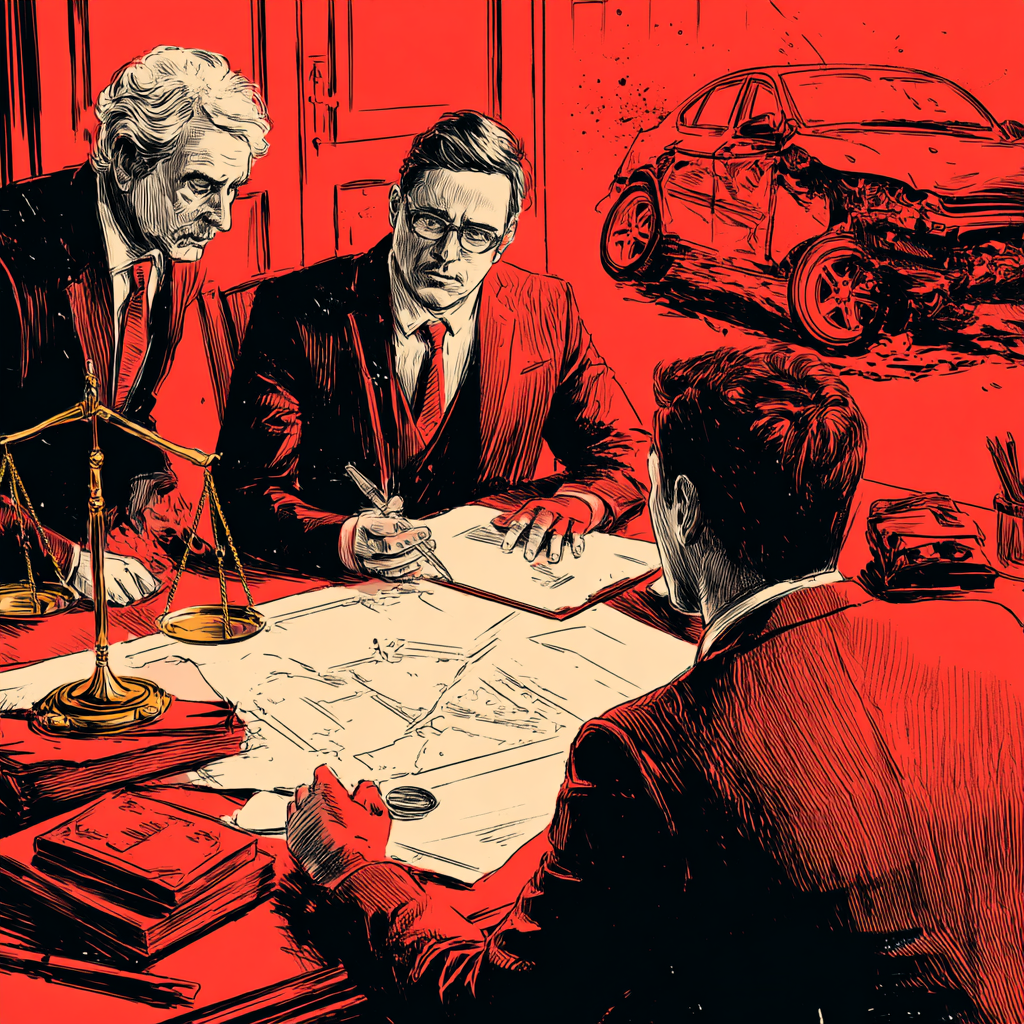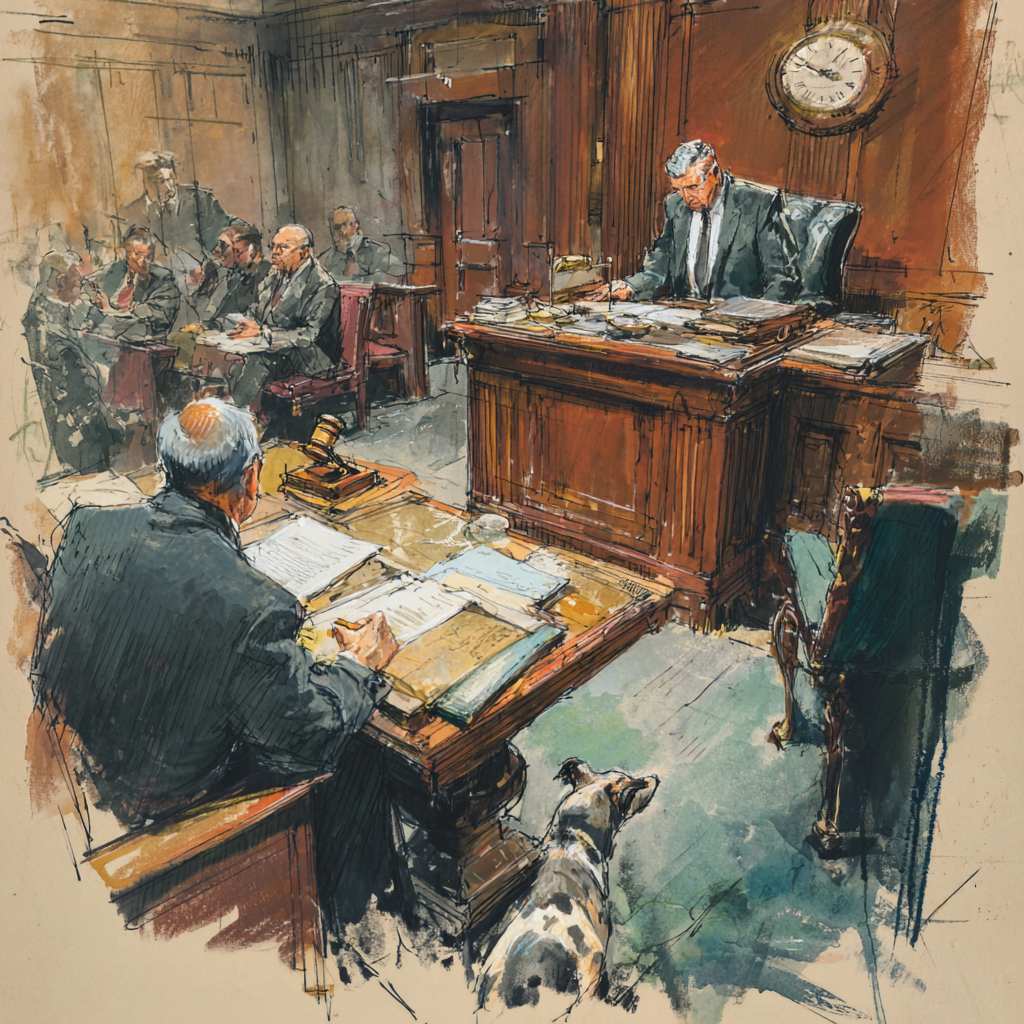Hereford Ins. Co. v Forest Hills Med., P.C., 2019 NY Slip Op 03926 (1st Dept. 2019)
” Moreover, movant defendants failed to demonstrate a meritorious defense. The failure by the occupants of the vehicle to subscribe and return the transcripts of their examinations under oath violated a condition precedent to coverage and warranted denial of the claims (see Hertz Vehs., LLC v Gejo, LLC, 161 AD3d 549[1st Dept 2018]). “
I really find this basis to disclaim coverage disingenuous. The EIP came to the EUO, told his or her story, lied or did not lie. We go from there. I cannot fathom how the failure to return an EUO transcript – which is a sworn to document and which may be used against the deponent or the assignee as a matter of course – warrants the loss of no-fault benefits.
I am quite sure that DFS did not put the “and subscribe the same” (11 NYCRR 65-1.1[b]) language in the regulations to authorize the voiding of coverage due to the failure to sign the transcript. I also suspect this case will spur either an emergency amendment from DFS or an opinion letter. Thankfully, this appeared in the context of a motion to vacate a default, which means the Court of Appeals will not touch this matter, i.e., the failure to establish a reasonable excuse is reviewed under an abuse of discretion standard that will not be upset on appeal.
I think this basis for a disclaimer is the colloquial playing with fire.










4 Responses
Once upon a time, the Second Department held “The defendant’s burden of proving lack of cooperation on the part of its insured has been described as a “heavy” one (see, Dyno-Bite, Inc. v. Travelers Cos., 80 A.D.2d 471, 475, appeal dismissed 54 N.Y.2d 1027), especially in cases where an innocent accident victim would be deprived of his source of payment because a liability carrier claims that its assured has failed to cooperate (see, Thrasher v. United States Liab. Ins. Co., 19 N.Y.2d 159, 168; Van Opdorp v. Merchants Mut. Ins. Co., 55 A.D.2d 810).” Ausch v. St. Paul Fire Ins. Co.,125 A.D.2d 43, 45 (2nd Dept. 1987). Granted, in that case
Once upon a time, the Court of Appeals said something like “The burden of proving lack of co-operation of the insured is placed upon the insurer (Insurance Law, § 167, subd. 5). Since the defense of lack of co-operation penalizes the plaintiff for the action of the insured over whom he has no control, and since the defense frustrates the policy of this State that innocent victims of motor vehicle accidents be recompensed for the injuries inflicted upon them ( Wallace v. Universal Ins. Co., 18 A.D.2d 121, affd. 13 N.Y.2d 978; Kehoe v. Motorists Mut. Ins. Co., 20 A.D.2d 308, 310; Vehicle and Traffic Law, § 310, subd. [2]), the courts have consistently held that the burden of proving the lack of co-operation is a heavy one indeed. Thus, the insurer must demonstrate that it acted diligently in seeking to bring about the insured’s co-operation ( Amatucci v. Maryland Cas. Co., 25 A.D.2d 583; Rosen v. United States Fid. Guar. Co., 23 A.D.2d 335 [overruled on other grounds by Matter of Vanguard Ins. Co. ( Polchlopek), 18 N.Y.2d 376]; National Grange Mut. Ins. Co. v. Lococo, 20 A.D.2d 785, affd. 16 N.Y.2d 585; Kehoe v. Motorists Mut. Ins. Co., supra); that the efforts employed by the insurer were reasonably calculated to obtain the insurer’s co-operation ( National Grange Mut. Ins. Co. v. Lococo, supra; Wallace v. Universal Ins. Co., supra); and that the attitude of the insured, after his co-operation was sought, was one of “willful and avowed obstruction” ( Coleman v. New Amsterdam Cas. Co., 247 N.Y. 271, 276; American Sur. Co. v. Diamond, 1 N.Y.2d 594).” Thrasher v. U.S. Liab. Ins. Co., 19 N.Y.2d 159, 168 ( 1967).
This is the opposite mentality
Thank you jason. Complete bull App div 1st Dept is up to it again create Law that does not exist
Look, I am a down the middle guy. I approve of Unitrin as modified through Longevity. It is a fair standard of law, and makes sense. Also, if the EIP lies, is disruptive during the examination, or leave, I likewise approve of Huff. The new verification cases where the carrier does not have to substantiate its basis is also fair, as long as insurance carriers have a Mallela defense and bear the burden in the first instance to prove lack of medical necessity, causation and proper billing.
But this line of reasoning, assuming it is a basis to disclaim, would have to fall within the Simmons v. State Farm line of cases, which puts you into Thrasher. I think this is an unfair holding to all of those involved.